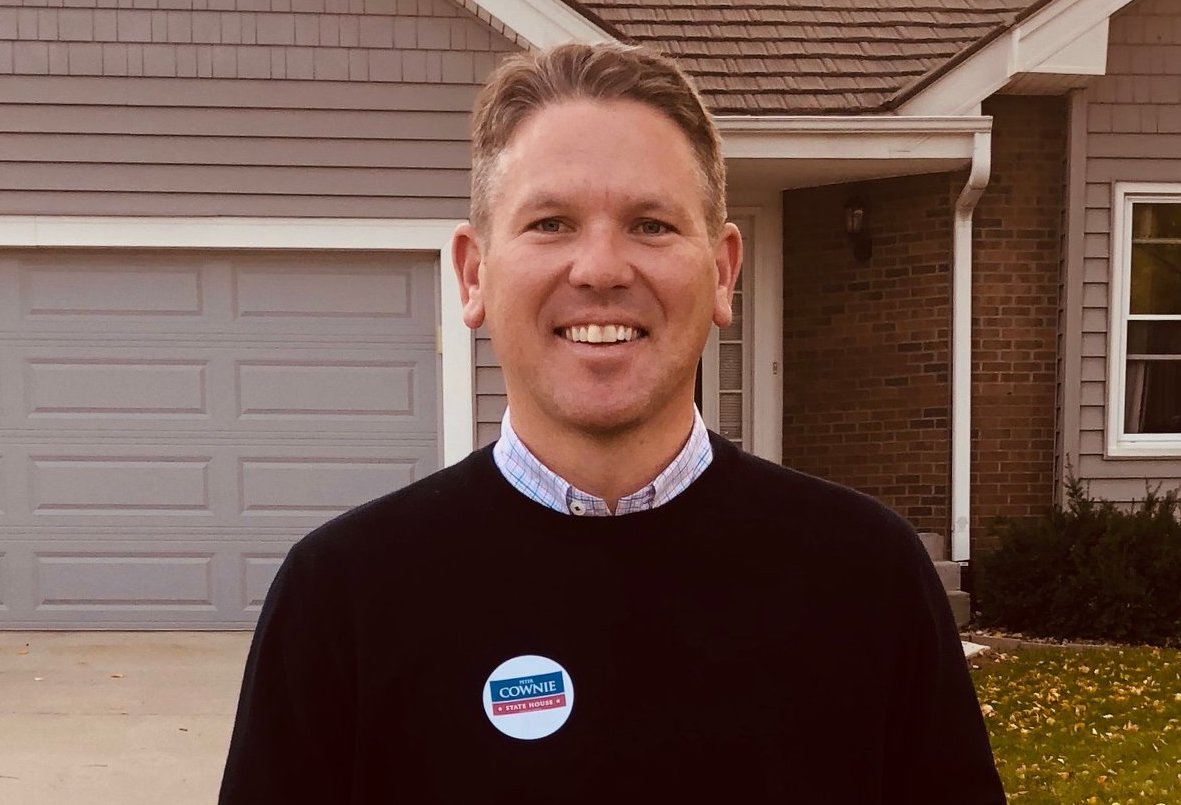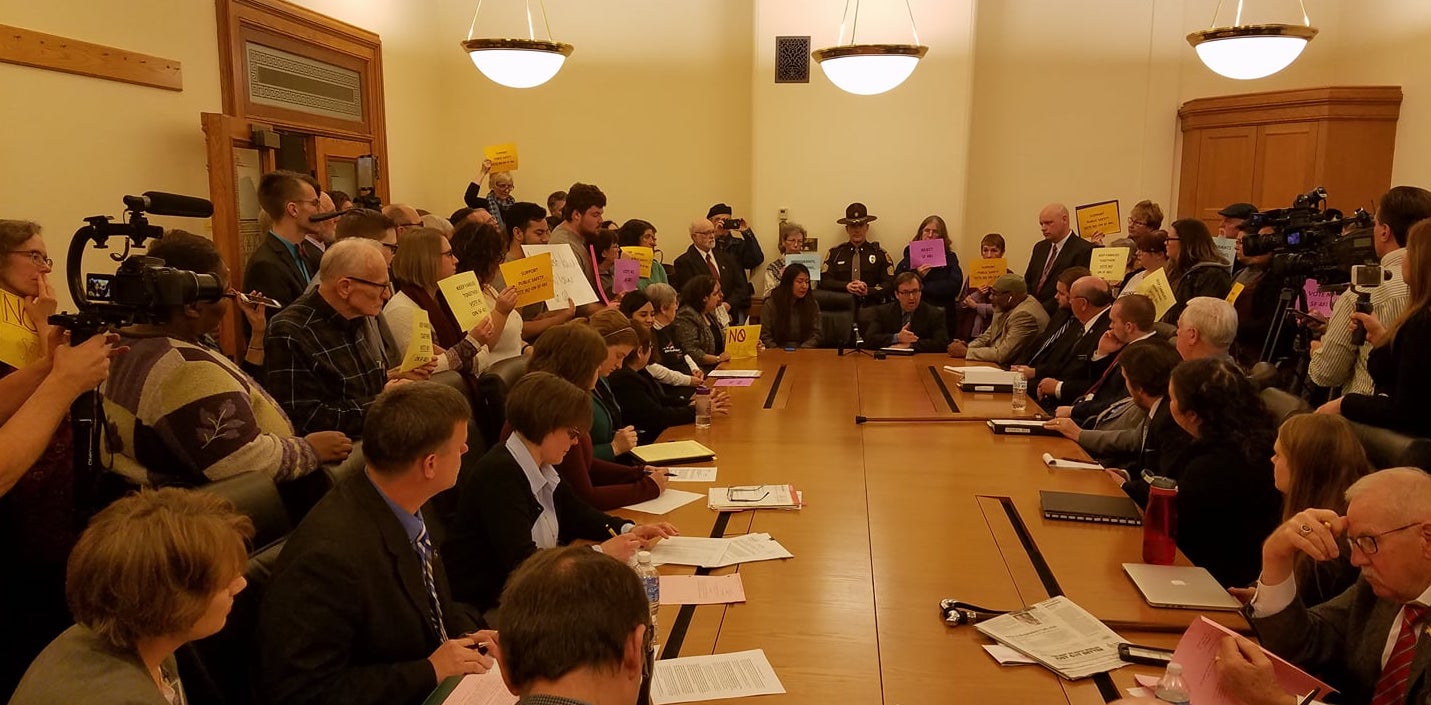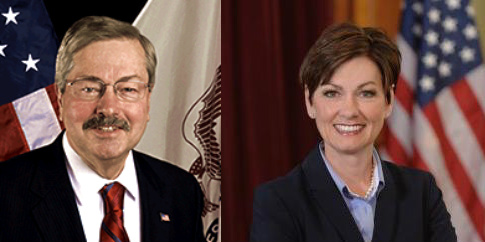In one of his final bill signings, former Governor Terry Branstad disregarded almost all the public input his office received regarding the Leopold Center for Sustainable Agriculture at Iowa State University. Last month, Republican state lawmakers voted to redirect revenues from a fertilizer fee that had provided the bulk of the center’s funding for 30 years. They zeroed out a separate line item which had covered most of the center’s other operating costs.
After GOP legislators ignored feedback from hundreds of Iowans who came to the Capitol or submitted written comments in support of the Leopold Center, attention turned to Branstad, since the governor has the power to veto line items from budget bills. Legal counsel Colin Smith informed me today that Branstad’s office “received approximately 907 emails” on this subject, of which only two favored eliminating the Leopold Center. More than 900 e-mails and “all but a handful” of more than 500 phone calls on this issue supported maintaining the center.
In other words, at least 99.8 percent of more than 1,400 constituent contacts urged Branstad to allow the Leopold Center to continue its work.
However, Branstad vetoed only two line items, which would have removed language about the Leopold Center from Iowa Code. He left in place provisions that redirected most of the center’s funding. Some income from the ISU Foundation remains, but that is insufficient to fund new research on topics such as water quality, conservation practices, soil erosion, and local food systems.
The ambush on the Leopold Center was a favor to corporate agricultural interests, which sought to divert fertilizer tax revenue to ISU’s narrowly-focused Nutrient Research Center, where agribusiness will likely have more control over the agenda. No one even pretended to make a substantive case for defunding the Leopold Center. Yet Branstad reduced a respected institution to a shell, ignoring almost every Iowan who appealed to him.
Before being sworn in as governor yesterday, Kim Reynolds told Barbara Rodriguez of the Associated Press, “I’m going to travel the state and I’m going to go into communities and I’m going to talk to Iowans and I’m going to listen. […] What are we missing? What are we doing right?”
A key test for Reynolds: will she–unlike her mentor–be willing to change course when Iowans overwhelmingly oppose her administration’s policy? Or will she “listen” politely, then have staff follow up with a form letter after she does whatever Republican ideologues or business lobby groups ask of her?
Continue Reading...


























